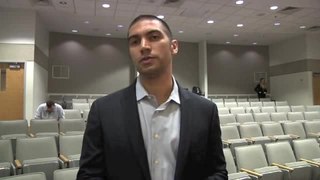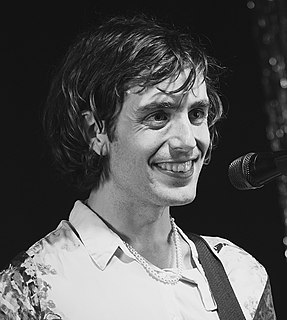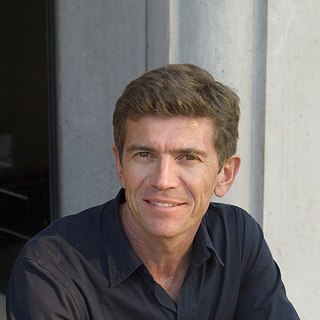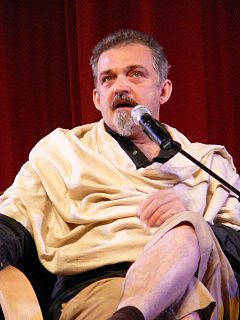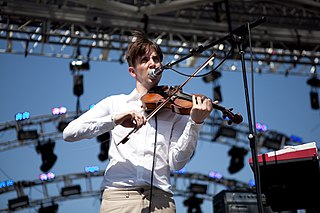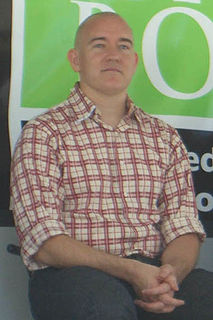A Quote by Olly Alexander
What's great about being gay is that you can celebrate all types of sexualities, because we understand that being queer means you might also be gender nonconforming or bi or whatever.
Related Quotes
I don't buy into the idea that an Irish writer should write about Ireland, or a gay writer should write about being gay. But when I found the right story, I saw it as an opportunity to write about being a teenager and being gay. Most people, whether you're gay or straight or whatever, have experienced that relationship where one person is much more interested than the other.
For them [LGBT group], language has to say exactly what it means. "Why aren't you proud of being gay?" they wanted to know. "Why are you so dark? Why are you so morbid? Why are you so sad? Don't you realize, we're all okay? Let's celebrate that fact." But that is not what writers do. We don't celebrate being "okay." If you want to be okay, take an aspirin.
I'd say my relation to being a woman is, I mean being a woman is whatever you want because the concept of gender is not really real, you know? And so for me it's about being comfortable in myself. It's about allowing myself to express who I am in any way that I want to, whether that be through my clothing, the way I present myself to the world, whether that be through like my gender identity and my pronouns. It's just really about allowing yourself to really be expressive and creative.
You think you're in a place where you're all 'I'm thrilled to be gay, I have no issues about being gay anymore, I don't feel shame about being gay,' but you actually do. You're just not fully aware of it. I think I still felt scared about people knowing. I felt awkward around gay people; I felt guilty for not being myself.


